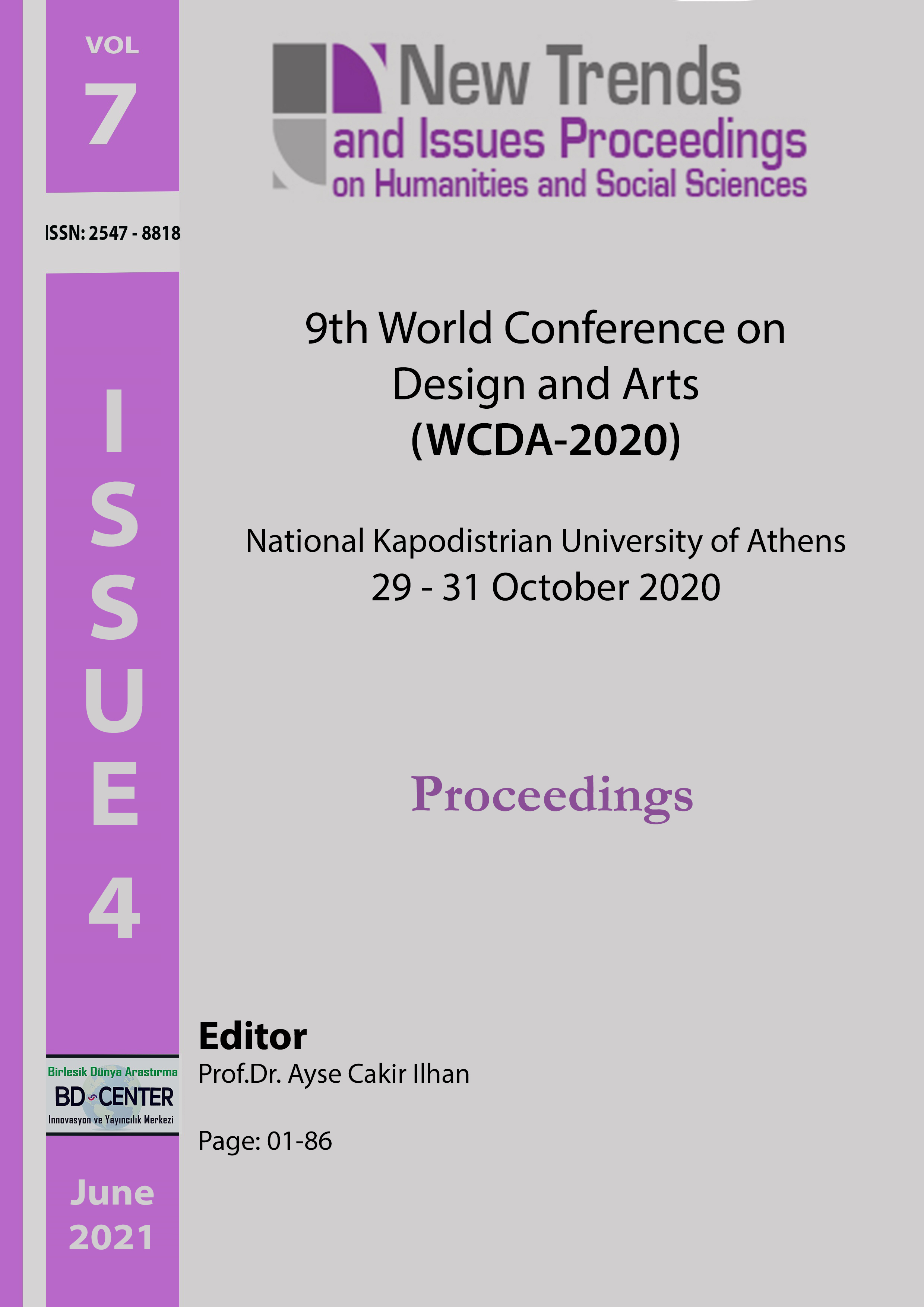Environmental impacts on the design and arts environment for industry 3.0 cotton roller ginning process
Main Article Content
Abstract
The past five decades have been characterised by passage of the environmental impact assessment (EIA) legislation dealing with the environment, including legislation on the control of land, air and water pollution, solid and hazardous waste management, resource conservation and recovery, and soil and ground water and surface water remediation. The aim of this research is to investigate and discuss coronavirus and byssinosis disease impact assessment. Sustainable development is the artistic idea that science and humanities must live and meet their needs without compromising the efficacy and efficiency of future generations to meet their own needs. Prediction and assessment of environmental impacts (effects) on the design and arts environment for industry 3.0 cotton roller ginning process is provided. Sustainable design and arts are discussed in this research work. EIA of conventional design and arts is also investigated. Sustainable design and arts environment for cotton ginning process is presented. The case study and check of strengthening of agricultural extension through sustainable entrepreneurship is discussed in this article.
Keywords: Agriculture, arts, cotton, design, environment, entrepreneurship, ginning, sustainability.
Downloads
Article Details

This work is licensed under a Creative Commons Attribution 4.0 International License.
Authors who publish with this journal agree to the following terms:- Authors retain copyright and grant the journal right of first publication with the work simultaneously licensed under a Creative Commons Attribution License that allows others to share the work with an acknowledgement of the work's authorship and initial publication in this journal.
- Authors are able to enter into separate, additional contractual arrangements for the non-exclusive distribution of the journal's published version of the work (e.g., post it to an institutional repository or publish it in a book), with an acknowledgement of its initial publication in this journal.
- Authors are permitted and encouraged to post their work online (e.g., in institutional repositories or on their website) prior to and during the submission process, as it can lead to productive exchanges, as well as earlier and greater citation of published work (See The Effect of Open Access).
